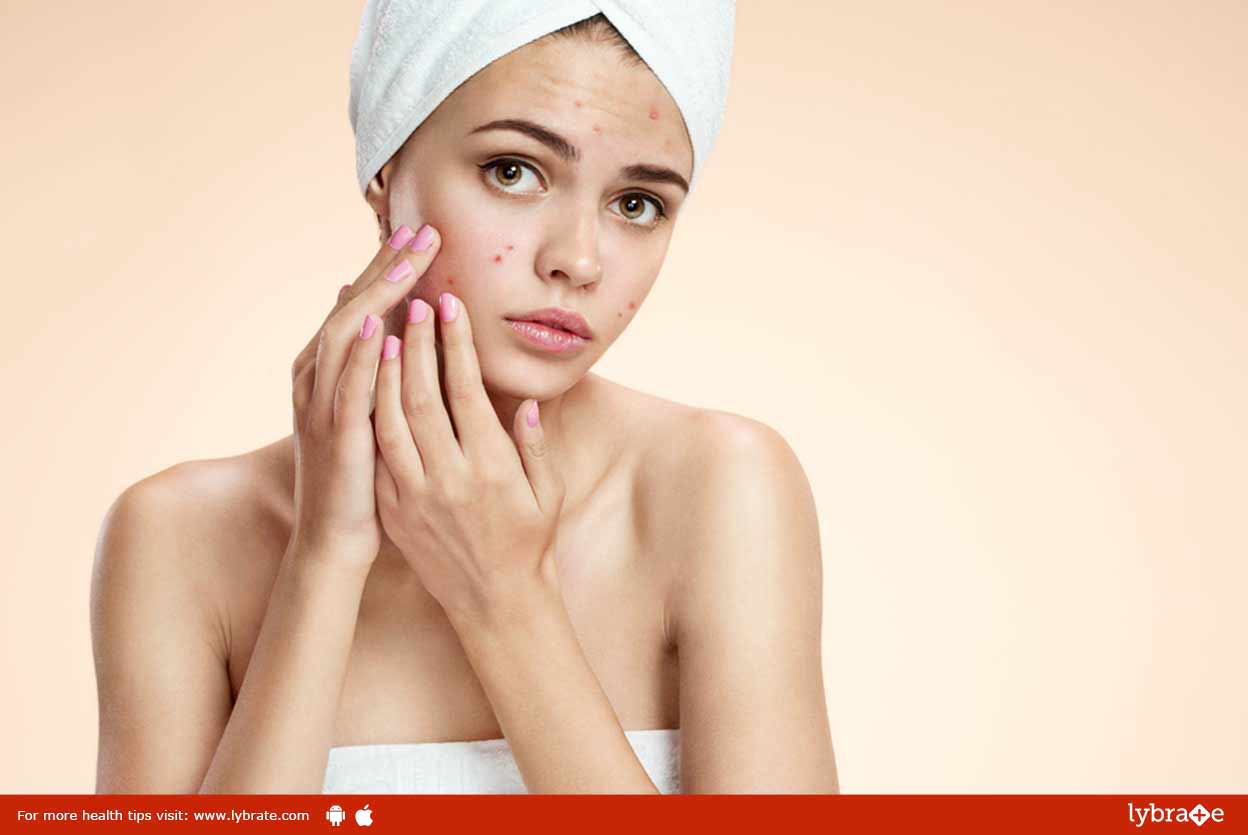By Dr. Vijay Kakkar , Dermatology
There are many treatments available for acne; it usually depends on the type of acne you are affected with. The types of acne are whiteheads, blackheads, pimples and cystic lesions. The medications treat acne as:
- They kill the acne causing bacteria (propionibacterium acnes).
- They reduce the excess sebum secretion by the sebaceous glands.
- They unplug pores on your skin and prevent further clogging.
- They remedy the hormonal imbalances which are responsible for causing acne.
Note:
The medical treatment that is used to treat acne is a combination of oral and topical medications. The treatment focuses on the type of acne that you have. Topical creams or lotions work best when the acne only consists of bumps on your skin. If there is inflammation with open sores, then oral antibiotics are more effective.
Treatments-
Acne medications work by reducing oil production, speeding up skin cell turnover, fighting bacterial infection or reducing inflammation — which helps prevent scarring. With most prescription acne drugs, you may not see results for four to eight weeks, and your skin may get worse before it gets better. It can take many months or years for your acne to clear up completely.
Topical Medications-
The most common topical prescription medications for acne are:
- Retinoids. These come as creams, gels and lotions. You apply this medication in the evening, beginning with three times a week, then daily as your skin becomes used to it. It works by preventing plugging of the hair follicles.
- Antibiotics. These work by killing excess skin bacteria and reducing redness. For the first few months of treatment, you may use both a retinoid and an antibiotic, with the antibiotic applied in the morning and the retinoid in the evening.
- Dapsone (Aczone). This gel is most effective when combined with a topical retinoid.
Oral Medications-
- Antibiotics. For moderate to severe acne, you may need oral antibiotics to reduce bacteria and fight inflammation.
- Combined oral contraceptives. Combined oral contraceptives are useful in treating acne in women and adolescent girls.
- Anti-androgen agent. The drug spironolactone (Aldactone) may be considered for women and adolescent girls if oral antibiotics aren’t helping.
- Isotretinoin. This medicine is reserved for people with the most severe acne.
Therapies-
These therapies may be suggested in select cases, either alone or in combination with medications.
- Light therapy targets the bacteria that cause acne inflammation.
- Chemical peel. This procedure uses repeated applications of a chemical solution, such as salicylic acid. It is most effective when combined with other acne treatments, except oral retinoids.
- Extraction of whiteheads and blackheads. Your dermatologist uses special tools to gently remove whiteheads and blackheads (comedos) that haven’t cleared up with topical medications.
- Steroid injection. Nodular and cystic lesions can be treated by injecting a steroid drug directly into them. This improves their appearance without the need for extraction.
Lifestyle and Home Remedies-
Apart from medications, you can also try to control mild acne with good basic skin care techniques:
- Wash problem areas with a gentle cleanser.
- Try over-the-counter acne products to dry excess oil and promote peeling.
- Use an oil-free moisturizer with sunscreen.
- Watch what touches your skin.
- Don’t pick or squeeze blemishes.








































